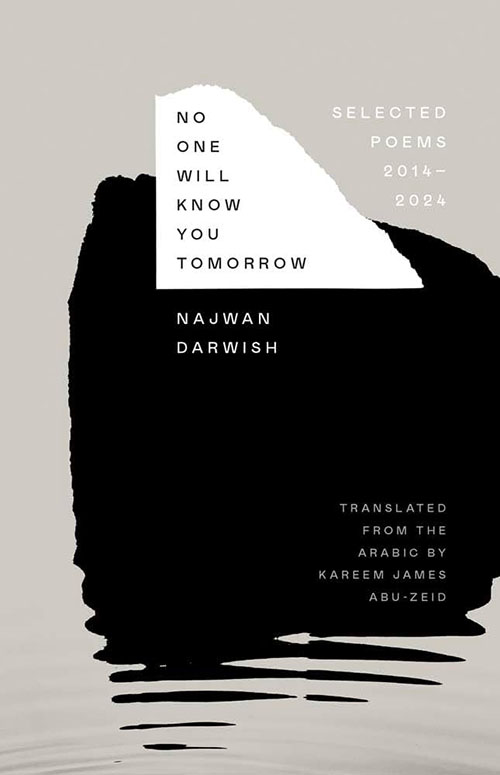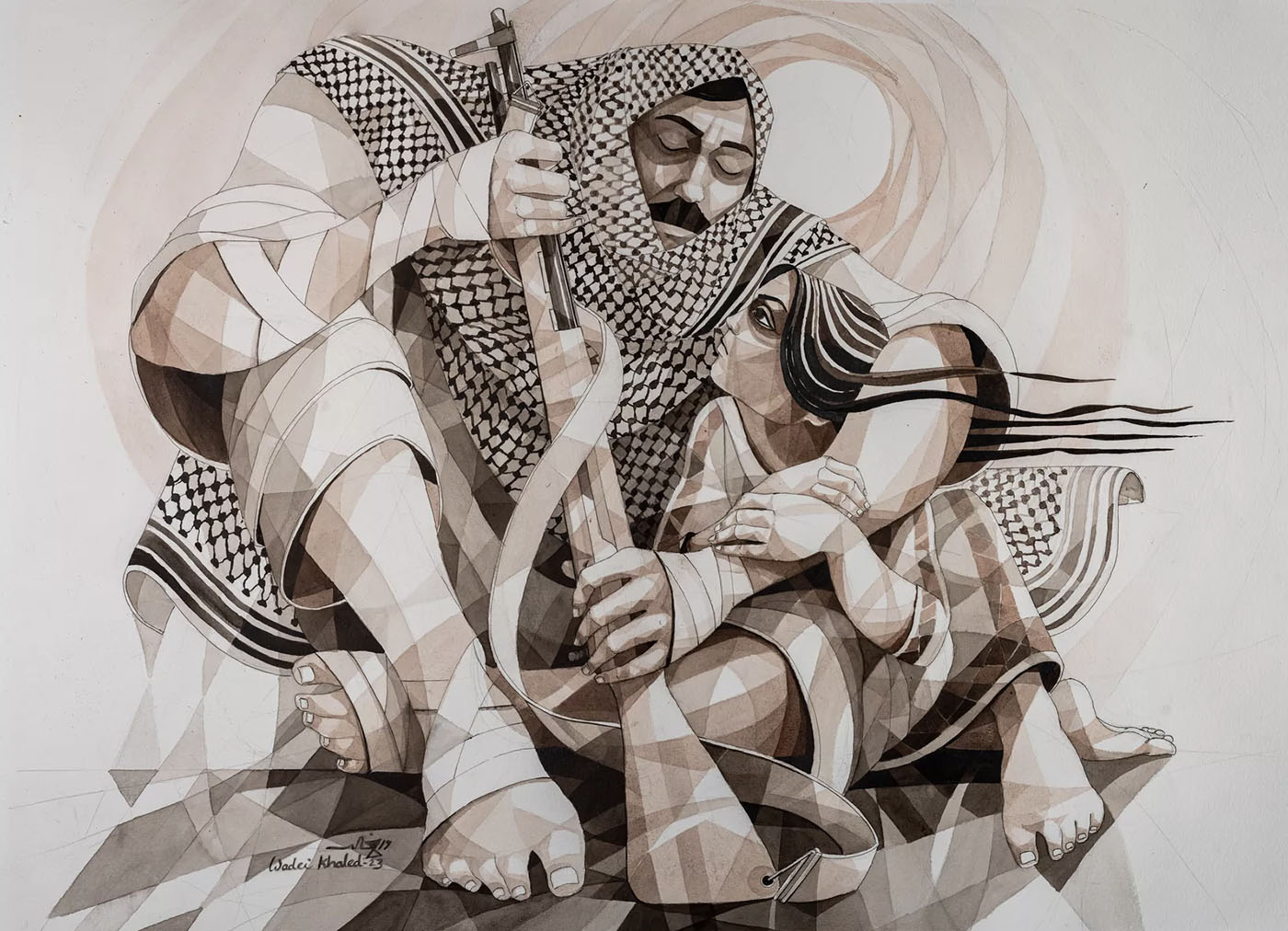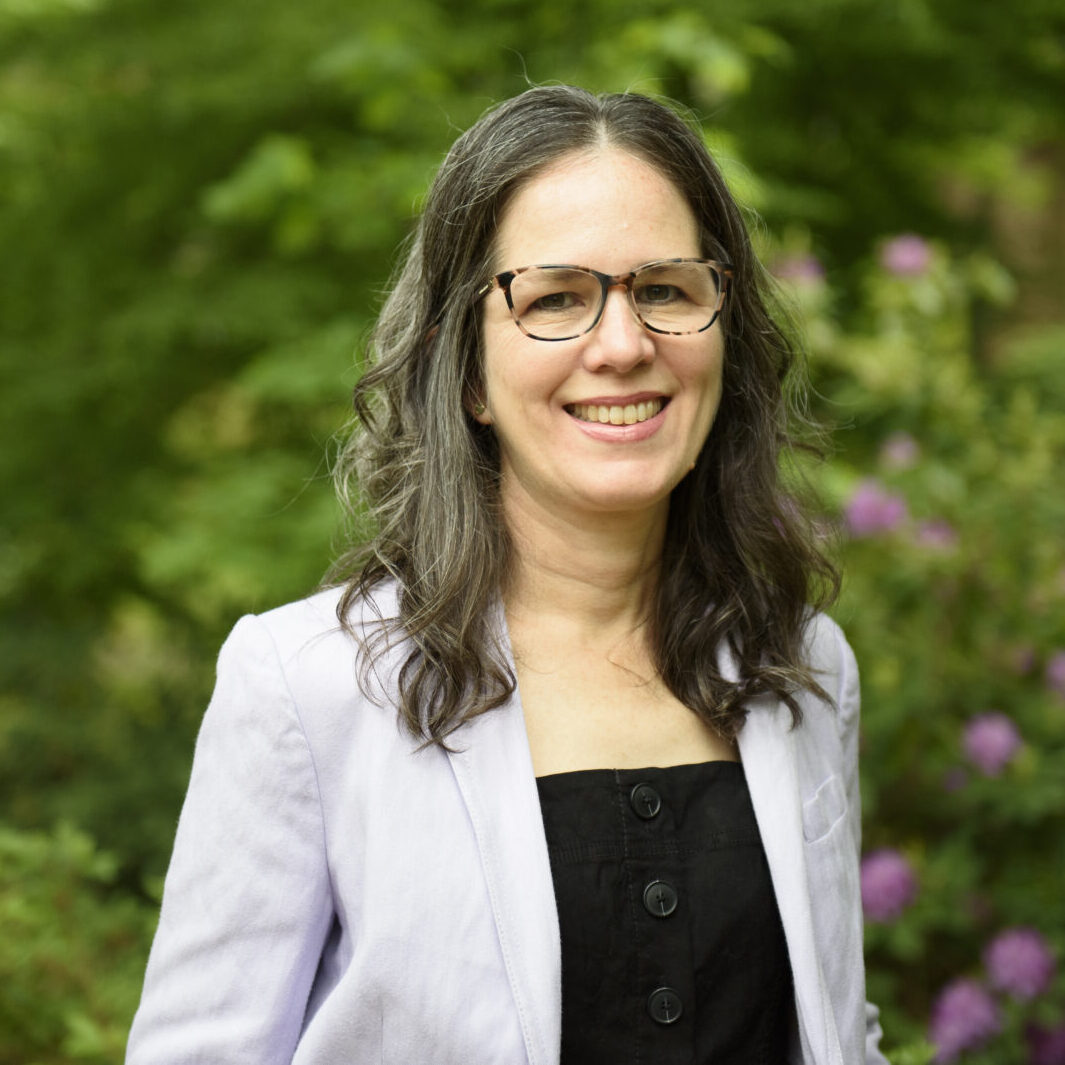On Najwan Darwish’s new English collection, “at once anti-nationalist yet profoundly and personally invested in the Palestinian cause,” according to his translator, Kareem James Abu-Zeid.
No One Will Know You Tomorrow: Selected Poems 2014–2024, by Najwan Darwish
Translated by Kareem James Abu-Zeid
Yale University Press 2024
ISBN 9780300275469

In Palestinian poet Najwan Darwish’s new collection of selected poems from the past 10 years, the Palestinian condition is the Arab condition is the human condition. We Arabs and people of Arab descent in the diaspora may feel the conflation and overlap of the three conditions deeply, but to those for whom Arabs and Palestinians are the ultimate “other,” Palestinian equals Arab equals human may be a foreign concept.
Made up of poems from a half dozen collections, as well as previously uncollected poetry, No One Will Know You Tomorrow gives English-language readers a survey of the recent work of a well-established, prolific, and respected contemporary Arab poet who speaks in the melancholies of past and present.
Tapping into influences both classical and contemporary — a 10th century Sufi mystic, Al-Jahiz and Al-Ma’arri, popular Arab performers of the 20th century, a martyred prisoner’s mother who herself died in a Gaza refugee camp — Darwish’s poetry lives across a vast geography and history. Turning the book’s pages, I felt I was walking the halls of time, from modern-day occupied Palestine to twentieth century Lebanon; from Arab Grenada to medieval Macedonia to Arabia at the time of the Prophet Mohammed. In these poems, death lurks round every corner; dead poets and others speak and appear in memory, dream, and story; land is beloved but also a source of sadness and displacement; exile is the only meaning.
Darwish has called poetry a “spiritual practice”; you see it in the way he merges the infinite and the specific in a poem like “I Often Dream”:
I often dream that the waves of Haifa’s sea
are dunes of blue
and that an ageless camel driver
is emerging from them,
dragging the days behind him.
He stops, for a little while, beneath my window
so I can give him everything
the Arabs have laid away with me:
the openings of unrecited poems
and wars that never ended.
But the spirituality of poetry, and its ability to travel across space and time does not inure the poet (and his narrators) from the material realities of life under occupation. He lives on the land of occupied Palestine, splitting his time between Haifa and Jerusalem. In “At a Poetry Festival,” he writes:
In front of each poet was the name of their country,
but in front of me
there was only “Jerusalem.”
How ghastly your name is, my little country,
your name is all I have left
He continues: “Your name’s like a ship with no hope of arriving/no hope of returning …” And yet, “it never goes under.” Darwish never names Palestine in this poem; in fact, the word doesn’t appear in any of the poems reproduced in No One Will Know You Tomorrow, an absence that functions as a reminder of all that is lost.
Darwish keeps coming back to land and loss. In “I Don’t Claim,” he writes, “I don’t claim to have any country other than loss.” And in “Land,” he addresses the land, telling it how much misery it’s brought people, making them “wretched when they have you,/wretched when they lose you.” The poem ends with a wish: “if only/we could inhabit the clouds.” As though the human condition could simply improve if we were untethered from the earth.
Translator Kareem James Abu-Zeid describes Darwish’s poetry as “at once anti-nationalist yet profoundly and personally invested in the Palestinian cause.” Being Palestinian, in Darwish’s verse, is “walking in the Barzakh,” living in both heaven and hell, “until Heaven was no longer Heaven,/Hell no longer Hell.” It is as much a spiritual as a material condition.
At the heart of the collection is a series of poems called discourses, or mukhatabat, modeled after spiritual texts by 10th century Sufi mystic Al-Niffari. As Al-Niffari’s did, each of the poems begins with “He said to me:”; in his notes, translator Abu-Zeid explains that these are discussions with God, a high power, a higher version of self. In this context, Darwish’s “he” wanders from the Battle of Badr to death’s door; from a city that may or may not be Paradise to a poetry class.
Speaking as a witness of Badr, an early battle in Islamic history, “He” says:
My son, the believers moved me with their faith
and the infidels move me
with their pride and refusal,
and I was with the one side
and the other,
and this was one
of the many tragedies
we never speak of
to anyone.
Later, to “His” declaration that “Every soul shall have a taste of death” (a quote from the Quran), the poet replies: “Not mine./It keeps tossing back its drink/and will not die.” And in another poem “He” says, “I don’t want to die in an occupied country,/or have my name appear/in occupied newspapers/ … if I’m lucky, that is, and the occupiers/do not steal my body.”
There is a weariness to many of the poems collected here, and I have to confess to some weariness reading them — not due to any fault of Darwish’s or my lack of appreciation for his verse; his words belong to a long lineage of existentially tired and also beautiful poetry in many languages. No, I am weary because of the weight Palestinian poetry carries more than a year into the genocide in Gaza, because of the weight of the genocide. Because, when reading an analysis of “exhaustion” — “a less explored aspect of Palestinian life” — in Darwish’s poetry as research for this column, I stop at the critic’s description of the United States “still turning a blind eye to the unprecedentedly wide documentation of the atrocities this year in Gaza.” And confirm that the year in question is not 2023 or 2024 but 2021. Oh, if we only knew then that what lay ahead was more (worse) of the same!
Like many other Palestinian poets, Darwish has addressed the uncomfortable truth that his poems about the trauma of occupation are perpetually useful as a currency of online and in-person protest and resistance, last year telling Time magazine, “It’s dark that [my poems] are timeless.” Even when poems do not fall on deaf ears, when they are shared incessantly, they cannot (without human action off the page) change what occupation is, what history is, what life is. In “A Brief Commentary on ‘Literary Success,’” Darwish writes:
Here in my prison cell, which I chose
of my own free will,
here between the mountain and the sea,
this is where the news reaches me,
the news of my poetry spreading like fire.
And there are some who congratulate me
that the flames have reached
the ends of the earth.
The poet finds no joy in that. The world is a prison, though the poet is aware that it is not a literal prison. “[W]e Arabs don’t stop death,” he writes.
No one — no human — does. “And do not think that glory lies in rising early,” Darwish writes to an unnamed “poet who dreams of glory.” “Glory lies in sleeping and dreaming/it’s also glorious to pass away … /All glory lies in this: to die/as a human being.”
While in the Arab world Palestinian poetry is rightly seen as an essential component of a larger tradition that itself belongs to world literature, Palestinian poetry’s reception in the Anglophone West largely pigeonholes it into a mode of resistance. That mode is important, of course. But this translated collection by Darwish may make the argument to those unfamiliar with the Arab poetic tradition that there is much more to see here.
As Darwish has said, “On the symbolic level, poetry is a community’s language and its voice through history.”*
* Eman Quotah’s translation from Darwish’s original Arabic column.




